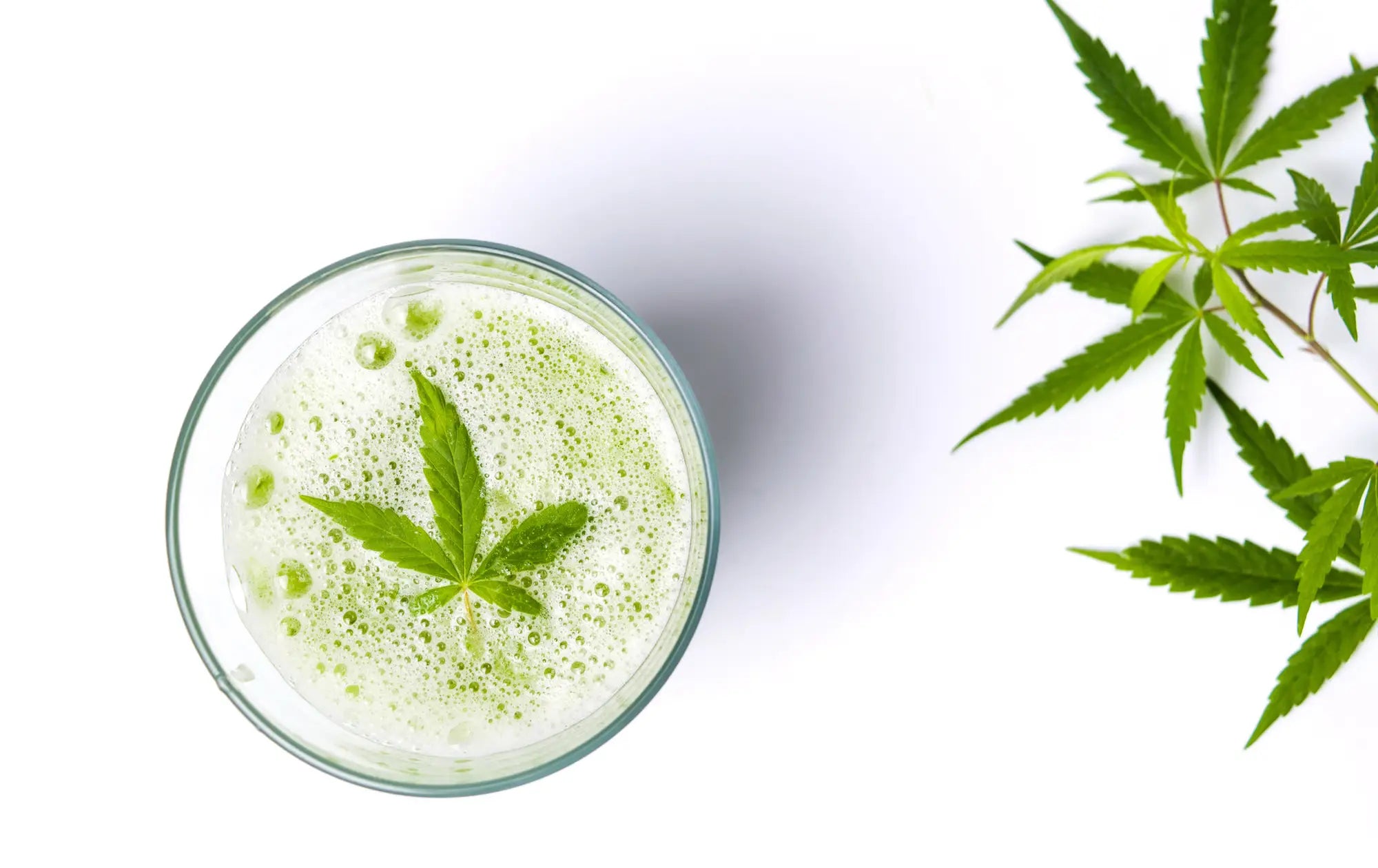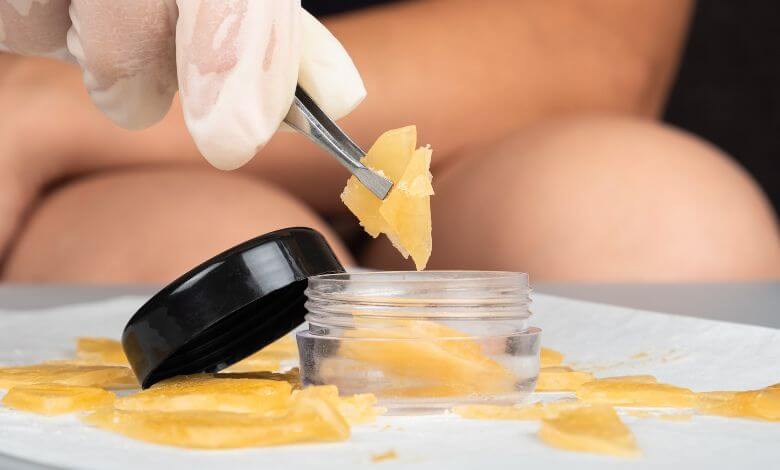
The cannabis beverage industry grows.
Drinks containing cannabis have the same needs for pasteurization, sterilization, heating, or chilling as any other beverages that contain particular substances. Heat exchangers play a significant role in the production of numerous beverage products.
There are several start-up businesses without a history in traditional food manufacturing, some of which will be more successful than others, as with any new and expanding market. There is no question about the potential for profit, even though there is less buzz surrounding the market and the items.
Companies that wish to be successful in the long run must efficiently scale up production while keeping the physical and chemical traits that make their products distinctive and appealing. Long-term success will depend on learning from current beverage makers about the optimum pasteurization, chilling, and filling procedures.
CBD: What is it?
Cannabis sativa L., which is used to make hemp and marijuana, contains the chemical CBD (cannabidiol). Despite being a component of cannabis, CBD does not have the same psychoactive or 'high' effects as the compound THC (tetrahydrocannabinol), which is also present in the plants.
Because hemp oil contains less THC than other sources of CBD, it is typically used to make food and beverage items. Despite conflicting medical research, some of the alleged advantages of CBD include improved attention, and increased relaxation. It is simple to understand why many are touting hemp as the future superfood given its immense potential.
In contrast to high-THC variants, which are more frequently known as marijuana, hemp often refers to low-THC varieties of cannabis that are nonetheless capable of producing CBD and other cannabinoids. The term "cannabis" refers to both the botanical name of the plant and a substance that contains a variety of chemicals, including CBD and THC. The difficulty for product creators and manufacturers is to deliver CBD's good effects while avoiding cannabis' undesirable side effects.
Opportunities in the Market
As investors start to sort out which start-ups are viable long-term businesses and which have no expertise and no income, forecasted valuations for recreational CBD products (as opposed to medical markets) have lately been cut downward across the board. But the need is evident. One-fourth of customers worldwide believe they would be eager to try cannabis-infused drinks, for instance, and 15% of cannabis products purchased in US states where cannabis is legal for recreational use are beverages.
Even with this healthy caution, it is expected that the global market for cannabis beverages will triple in size by 2024, reaching US$1.82 billion by the end of 2020 and US$5.8 billion within four years. Every area of the beverage sector is experiencing expansion, including alcoholic beverages, wellness drinks, and common beverages like tea and coffee. While the COVID-19 effects on the world have hindered some parts of product development and promotion, there is no doubt that a sizable market remains untouched. Major global businesses like AB InBev and Molson Coors have revealed ambitions to make CBD-containing products.
This market is not for the weak of heart. The growth of a sizable market with comparable standards faces difficulties due to different stages of market development, recognition, and acceptance around the world. Even successful products cannot be exported from one region to another due to the restrictions and bans on various products in various nations (and even states). However, despite the challenges, laws, and licensing requirements around the world, things are becoming more and more clear, and a number of consultancies operate in various nations to offer assistance and advice.

Technical Difficulties:
While some producers simply refer to their goods as containing "hemp seed extracts," perhaps in an effort to underline the natural associations of their product, not all marketing emphasizes the linkages between cannabis and CBD.
Although the techniques of isolating and extracting CBD are typically industrial, many of the useful components that are created aren't soluble. To get around this, an emulsion must be created, which needs precise processing and handling. For goods where clarity is not a concern, traditional high-pressure homogenization is appropriate; however, for infused waters and other similar beverages, a number of proprietary "nano technologies" have been developed to produce stable products.
The difficulties with product composition are simply one aspect of the technical difficulties. Depending on the growth conditions for the plants and the methods used to treat them, the precise nature of the compounds found in the plant and those that may be extracted can change. A requirement for product approval in some nations, including Canada, is the ability to demonstrate product consistency, which is frequently easier said than done. Product stability is yet another area that requires caution. Other regions, like Europe, classify items as novel foods, therefore it is necessary to demonstrate the stability of the product from manufacture to consumption.
Increasing Production:
Many beverage products are produced using heat exchangers, and cannabis-infused drinks must be pasteurized, sterilized, cooked, or cooled just like any other beverages that contain particular substances.
While cooling, you can use ice water or particular substances like glycol. High-Temperature, Short-Time (HTST) pasteurization processes help to retain the flavor and texture (including the essential emulsion) of many drinks. It is also effective to concentrate items utilizing heat exchangers to evaporate in order to produce the desired formulation.
Without the requirement for significant new heating or energy infrastructure, it may be possible to increase capacity or add a new industrial process by recapturing and recycling heat from other sources (such as excess heat from cooling operations or spare boiler capacity). The equipment from HRS Heat Exchangers has been demonstrated to recover up to 50% of previously lost heat, which can subsequently be used for waste treatment, water heating, space or process heating, or other thermal applications.
The type and model of heat exchanger will depend on a variety of factors, including the process being performed (pasteurization, sterilization, dehydration, etc.) and the viscosity of the beverage being processed, but HRS has a full range of products from straightforward tube-in-tube designs to reciprocating scraped-surface designs that all combine efficient heat transfer with delicate product handling, ensuring that products stay in emulsion and that the product does not foul the equipment.
D Squared World Wide has the tested technology to assist in producing your CBD drink, whether you are building up a manufacturing line or trying to grow into new markets.



